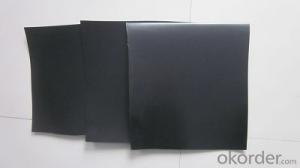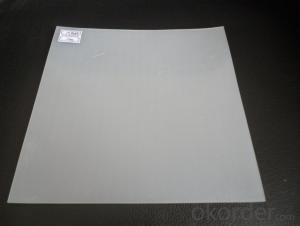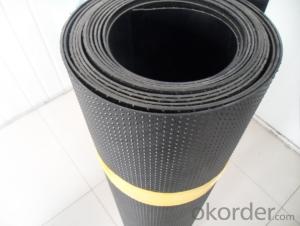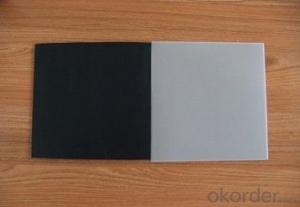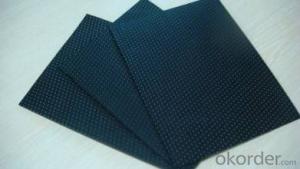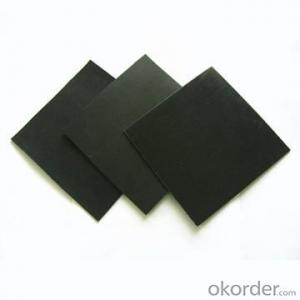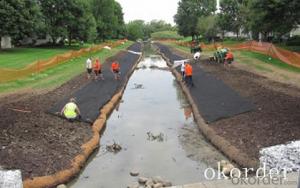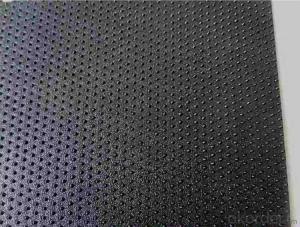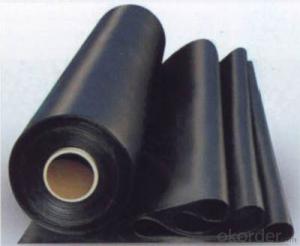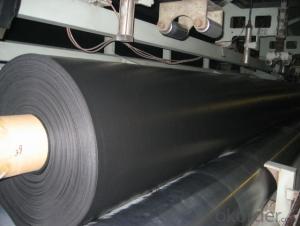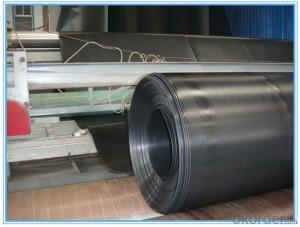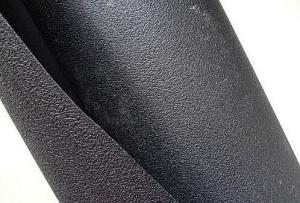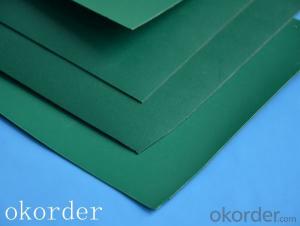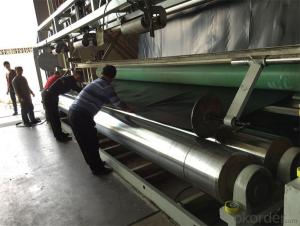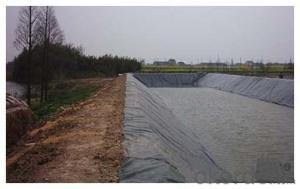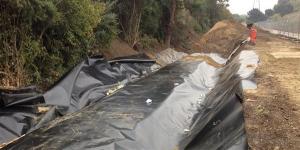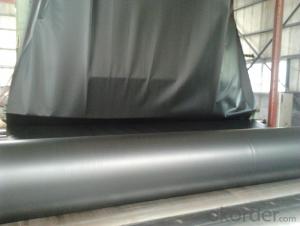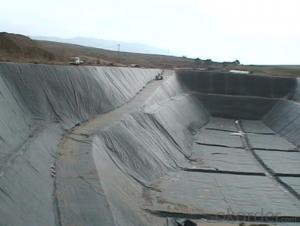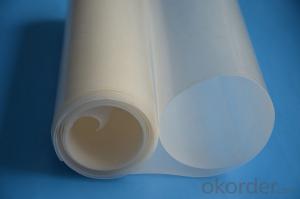All Categories
- - Steel Wire Rod
- - Steel Coils
- - Steel Profiles
- - Steel Pipes
- - Stainless Steel
- - Tinplate
- - Special Steel
- - Steel Sheets
- - Steel Rebars
- - Steel Strips
- - Hot Rolled Steel
- - Cold Rolled Steel
- - Pre-painted Steel
- - Seamless Steel Pipe
- - Welded Steel Pipe
- - Hollow Steel Tubes
- - Galvanized Pipe
- - Stainless Steel Coil
- - Stainless Steel Sheet
- - Stainless Steel Plate
- - Stainless Steel Strips
- - Electrolytic Tinplate Coil
- - Electrolytic Tinplate Sheet
- - Stainless Steel Rebars
- - Solar Panels
- - Solar Water Heater
- - Solar Related Products
- - Solar Inverter
- - Solar Cells
- - Solar Light
- - Solar Energy Systems
- - Solar Controllers
- - Solar Mounting System
- - Solar Pump
- - Solar Chargers
- - Fiberglass Chopped Strand
- - Fiberglass Mesh Cloth
- - Composite Pipes
- - FRP Pultrusion Profiles
- - Fiberglass Mat Tissue
- - Fiberglass Fabrics
- - Fiberglass Mesh
- - Composite Tank
- - Fiberglass Mesh tape
- - Polymer
- - FRP Roofing Panel
- - Fiberglass Roving
- - Monolithic Refractories
- - Ceramic Fiber Products
- - Refractory Bricks
- - Raw Materials For Refractory
- - Suspended Platform
- - Cranes
- - Concrete Machinery
- - Earthmoving Machinery
- - Building Hoist
- - Road Building Machinery
- - Plastic Pipe Fittings
- - Plastic Tubes
- - Plastic Sheets
- - Agricultural Plastic Products
- - Plastic Nets
 All Categories
All Categories
Q & A
What is the role of geomembranes in preventing the infiltration of contaminants into groundwater?
Geomembranes play a crucial role in preventing the infiltration of contaminants into groundwater by acting as a barrier between the contaminants and the groundwater. They are impermeable liners that are used in various applications, such as landfills, storage ponds, and industrial sites, to prevent the migration of pollutants into the underlying groundwater. By effectively sealing off the contaminants, geomembranes help protect the quality and integrity of groundwater resources, ensuring the safety of drinking water supplies and the preservation of the environment.
What are the factors to consider when selecting a geomembrane for a specific application?
When selecting a geomembrane for a specific application, several factors need to be considered. These factors include the chemical compatibility of the geomembrane with the substances it will come into contact with, the mechanical properties of the geomembrane such as its tensile strength and puncture resistance, the environmental conditions the geomembrane will be exposed to, such as temperature and UV exposure, the installation requirements and methods, as well as the cost and availability of the geomembrane.
How do geomembranes perform in saltwater environments?
Geomembranes perform well in saltwater environments due to their inherent resistance to corrosion and degradation caused by saltwater. Their impermeable properties prevent the saltwater from seeping through, ensuring containment and protection of underlying soil or structures. Additionally, geomembranes are designed to withstand UV radiation, temperature variations, and mechanical stress, making them suitable for long-term use in saltwater environments.
How do geomembranes perform in cold climate conditions?
Geomembranes perform well in cold climate conditions due to their ability to withstand freezing temperatures and maintain their structural integrity. They are designed to be flexible and resistant to cracking or breaking when exposed to low temperatures. Additionally, geomembranes have low permeability, which helps prevent the penetration of water or other liquids, reducing the risk of freeze-thaw damage. Overall, geomembranes are an effective solution for cold climate environments, offering reliable performance and durability.
Wholesale Geomembranes from supplier in Iceland
With our expertise and strong partnership with CNBM, we can offer high-quality Geomembranes that meet international standards and specifications. Our product range includes HDPE (High-Density Polyethylene) Geomembranes, LDPE (Low-Density Polyethylene) Geomembranes, PVC (Polyvinyl Chloride) Geomembranes, and EPDM (Ethylene Propylene Diene Monomer) Geomembranes.
Whether you require Geomembranes for environmental protection, water containment, waste management, mining, or agriculture, we have the right solution for your needs. Our team of experts is available to assist you in selecting the most suitable Geomembranes product based on your specific requirements and project conditions.
In addition to sales, we also provide comprehensive technical support throughout the entire process, from design and installation to maintenance and repair. Our knowledgeable staff can offer guidance and advice to ensure the successful implementation of your Geomembranes project.
We understand the importance of timely and efficient service, and we strive to provide prompt responses to inquiries and fast delivery of products. With our extensive network and efficient logistics, we can ensure that your Geomembranes are delivered to your desired location in Iceland in a timely manner.
At our company, customer satisfaction is our top priority. We aim to build long-term relationships with our clients by offering reliable products, competitive prices, and exceptional customer service. Contact us today for sales, quotes, and technical support for all your Geomembranes needs in Iceland.
Whether you require Geomembranes for environmental protection, water containment, waste management, mining, or agriculture, we have the right solution for your needs. Our team of experts is available to assist you in selecting the most suitable Geomembranes product based on your specific requirements and project conditions.
In addition to sales, we also provide comprehensive technical support throughout the entire process, from design and installation to maintenance and repair. Our knowledgeable staff can offer guidance and advice to ensure the successful implementation of your Geomembranes project.
We understand the importance of timely and efficient service, and we strive to provide prompt responses to inquiries and fast delivery of products. With our extensive network and efficient logistics, we can ensure that your Geomembranes are delivered to your desired location in Iceland in a timely manner.
At our company, customer satisfaction is our top priority. We aim to build long-term relationships with our clients by offering reliable products, competitive prices, and exceptional customer service. Contact us today for sales, quotes, and technical support for all your Geomembranes needs in Iceland.
